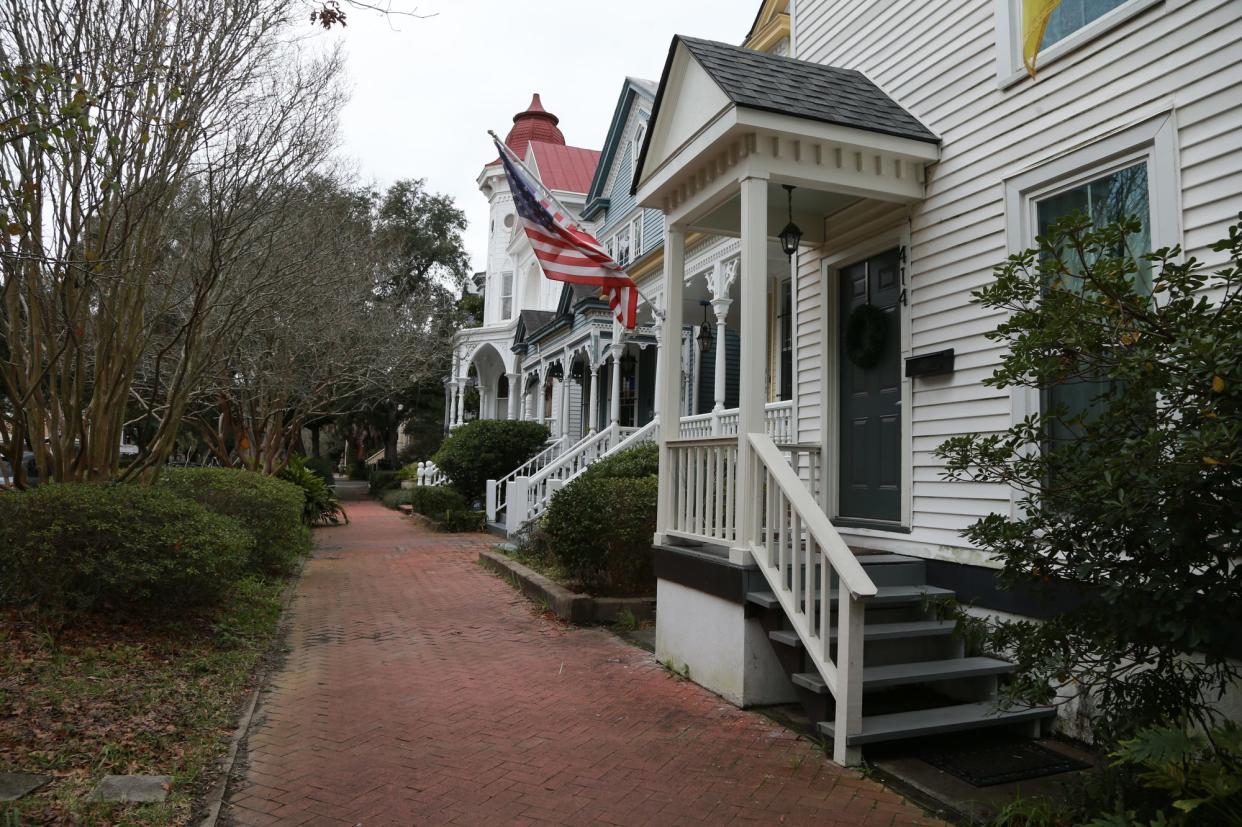City of Savannah is misinterpreting its own short-term vacation rental ordinance

Bob Rosenwald is a 10-year downtown Savannah resident. He previously served as the Downtown Neighborhood Association's vice president and its government liaison official. He remains an active DNA member.
I contend that the City of Savannah is misinterpreting its own ordinance designed to regulate owner-occupied short term vacation rentals (STVRs) at the expense of residential quality of life. The result incorrectly enables an absentee owner, whose principal domicile is elsewhere, to acquire an owner-occupied STVR license for their Savannah dwelling unit, even though it’s not the owners’ permanent residence, as required by Savannah’s STVR ordinance.
Why does this matter? In 2017, following protracted meetings with stakeholders, Savannah passed an ordinance designed to stem the uncontrolled growth of STVRs. A feature of that groundbreaking 2017 STVR legislation was that non-owner occupied STVRs were capped in the Landmark Historic District at no more than 20% of available residential properties, to try to balance neighborhood cohesion and residential quality of life with the needs of the lodging community.
More: City Talk: Savannah needs new short-term vacation rentals ordinance, restrictions
At the time, special dispensation was afforded to what was thought to be a relatively limited number of Savannah homeowners whose primary residence property also contained an additional dwelling unit (such as a carriage house or garden-level dwelling) to rent out as a licensed STVR — not subject to the non-owner-occupied cap — giving that group of locals the opportunity to make money from an additional dwelling unit while living in the property’s principal dwelling unit — with the assumption they would keep their property to a high standard and ensure good behavior from renters. That is the ordinance provision currently being misinterpreted by the city.
After researching real estate and other records, which confirm that certain owners have obtained owner-occupied licenses while not meeting all ordinance provisions, I presented the facts supporting my position in separate face-to-face meetings with the mayor and city attorney. They were not convinced — not saying directly I was wrong butrather suggesting that we agree to disagree. The city attorney was Savannah’s DNA lawyer when the STVR ordinance was under development, so he surely knows the intent of the owner-occupied proviso, but inexplicably chooses to ignore it. The mayor has for his own unstated reasons chosen to go along with the city attorney.
More: Proposed short-term rental ordinance resparks debate on Tybee Island
Ignoring the intent of the owner-occupied STVR ordinance directly undercuts and makes meaningless the 20% non-owner-occupied cap long since reached and wait-listed. It essentially allows any Savannah Landmark Historic District homeowner to obtain a precious uncapped owner-occupied STVR license — while in reality operating the property as a non-owner occupied STVR. This gaping “loophole” will allow unchecked STVR growth, hastening the hollowing out of neighborhoods with loss of neighborhood identity, integrity and feeling of community — attributes that make Savannah uniquely Savannah.
I get that tourism is an important economic driver here — witness the deep-pocketed industry organization endlessly promoting more. But sustaining Savannah’s historic vibrancy and character also counts on a healthy number of downtown residents, always under threat by incessant catering to the needs of tourist lodging like hotels, inns, and of course STVR’s.
Who fights for the residents? Certainly not the city, where residents often seem disposable in the name of more tourism. The mayor constantly talks resident/tourism “balance”, but doesn’t walk that talk, exemplified by this STVR issue.
Like David versus Goliath, residents’ concerns generally are borne by volunteer-staffed neighborhood associations — in the historic district, they are the DNA and the new Oglethorpe Plan Coalition (OPC). Join one or both. Get engaged. Contact your city council. Insist on ordinance enforcement. Or before you know it, your new “neighbor” might be an STVR that should not be there.
This article originally appeared on Savannah Morning News: Savannah's misinterpretation of STVR ordinance makes it toothless

